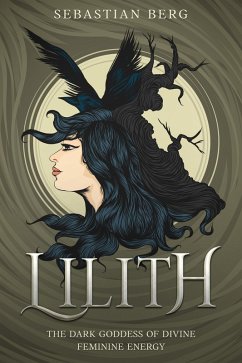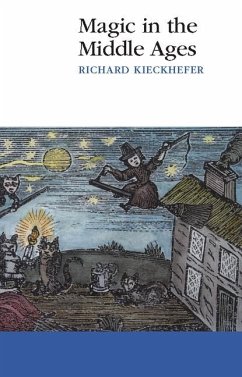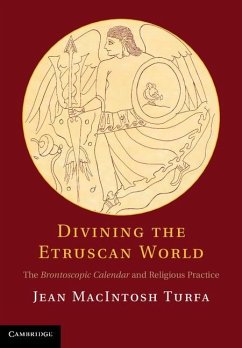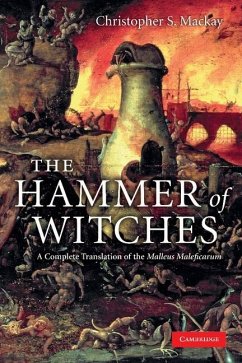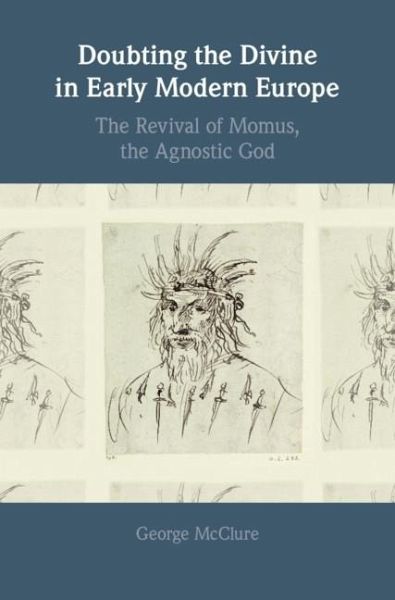
Doubting the Divine in Early Modern Europe (eBook, ePUB)
The Revival of Momus, the Agnostic God
Versandkostenfrei!
Sofort per Download lieferbar
54,95 €
inkl. MwSt.
Weitere Ausgaben:

PAYBACK Punkte
27 °P sammeln!
In this book, George McClure examines the intellectual tradition of challenges to religious and literary authority in the early modern era. He explores the hidden history of unbelief through the lens of Momus, the Greek god of criticism and mockery. Surveying his revival in Italy, France, Spain, Germany, the Netherlands, and England, McClure shows how Momus became a code for religious doubt in an age when such writings remained dangerous for authors. Momus ('Blame') emerged as a persistent and subversive critic of divine governance and, at times, divinity itself. As an emblem or as an epithet ...
In this book, George McClure examines the intellectual tradition of challenges to religious and literary authority in the early modern era. He explores the hidden history of unbelief through the lens of Momus, the Greek god of criticism and mockery. Surveying his revival in Italy, France, Spain, Germany, the Netherlands, and England, McClure shows how Momus became a code for religious doubt in an age when such writings remained dangerous for authors. Momus ('Blame') emerged as a persistent and subversive critic of divine governance and, at times, divinity itself. As an emblem or as an epithet for agnosticism or atheism, he was invoked by writers such as Leon Battista Alberti, Anton Francesco Doni, Giordano Bruno, Luther, and possibly, in veiled form, by Milton in his depiction of Lucifer. The critic of gods also acted, in sometimes related fashion, as a critic of texts, leading the army of Moderns in Swift's Battle of the Books, and offering a heretical archetype for the literary critic.
Dieser Download kann aus rechtlichen Gründen nur mit Rechnungsadresse in A, B, BG, CY, CZ, D, DK, EW, E, FIN, F, GR, HR, H, IRL, I, LT, L, LR, M, NL, PL, P, R, S, SLO, SK ausgeliefert werden.





